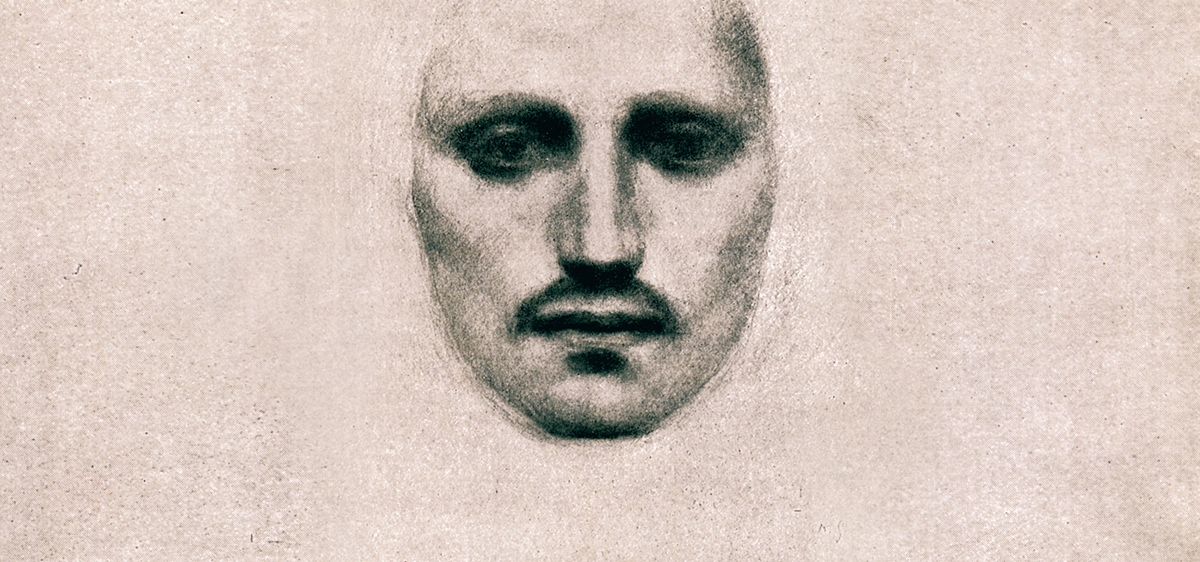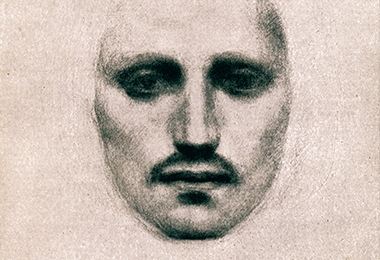[vc_row][vc_column][vc_column_text]

[/vc_column_text][/vc_column][/vc_row][vc_row el_class=”hero-header-text”][vc_column][vc_column_text]
Stories that Shaped my Faith
Your Joy is Sorrow Unmasked
by Whitney Hall | July 20, 2017
[/vc_column_text][/vc_column][/vc_row][vc_row][vc_column][vc_column_text]
It’s been more than a decade since I first discovered The Prophet written by Lebanese poet Khalil Gibran and published in 1923. But in all that time it has never been far from my thoughts.
The book begins as the titular prophet is preparing to leave the island where he has waited twelve years for the ship that will carry him home. Before he departs, the people gather around him, asking for final words of wisdom that they might pass on to their children. The prophet consents and answers their questions with short ruminations—which like all good teaching raises more questions than answers. Together they ponder queries on life and work and clothing and laws and self-understanding and God and religion. The words resonate with the deep mystery that is so often only present in poetry.
Many of those words have given me strength and hope in the past ten years. Gibran’s depiction of joy and sorrow echoes the words of C.S. Lewis, who writes so beautifully about the heights and depths of joy and grief. In one portion Gibran writes about the flute that cannot make music without the knife to first hollow out the instrument. As a pastor I have returned to these words again and again. My own experience with grief has taught me humility because to experience sorrow is to admit that things are not as I would wish them to be. That has been true in moments when I have failed and when others have failed me. And it was true when the grief of my parishioners weighed heavy on my soul.
Joy and sorrow do not exist on opposite ends of a spectrum—rather, they are intimately connected.
I have learned that I cannot hold on to moments of joy any more than I can hold on to water in a clenched fist. In moments of sorrow I have learned to turn my eyes to the horizon in hope of what might be restored.
Recently my work has transitioned from traditional congregational ministry to spiritual and bereavement care in a hospice program. In this setting the questions of joy and sorrow are so intertwined with the end of life that I quote Gibran almost daily. Often my patients and their families ask me how they should experience the loss or impending loss that is surrounding them. Sometimes they are conflicted, feeling guilty for any emotion they feel that is not sorrow. They note that they feel both relief and sorrow, laughter in the midst of grief. I tell them it’s okay to feel all of those things at the same time. In truth, such emotions do not exist on opposite ends of a spectrum as we might imagine—rather, they are intimately connected.
Gibran writes, “Your joy is your sorrow unmasked. And the selfsame well from which your laughter rises was oftentimes filled with your tears.” The poet reminds us that joy and grief flow from the same well. Understanding this truth has allowed me to be a better pastor and caregiver. It has enabled me to understand my own grief of loss and how that mirrors experiences that have brought me deep joy. I have learned to experience my own grief of being unmarried as a sorrow that exists alongside a more deeply felt joy of treasured friendships. By recognizing that grief I have been better able to give love to those around me who might be in need of tenderness. This recognition of the interplay between joy and sorrow has been transformational for me.
Toward the end of the passage Gibran writes, “When you are joyous, look deep into your heart and you shall find it is only that which has given you sorrow that is giving you joy. When you are sorrowful look again in your heart, and you shall see that in truth you are weeping for that which has been your delight.” We know deeper sorrow for we have known deeper joy, and we have known greater joy for we have born deeper sorrows.
I am reminded of this truth when we meet Jesus in the gospel stories post-resurrection—stories that often seem to me to be filled with a kind of joyful mischief as Jesus pops in and out of rooms and dinner and bestows forgiveness and grace in abundant measure. Perhaps Jesus’s joy is so obvious because he has come through his greatest sorrow.
I remind my patients—and myself—that when we grieve, it is a sign of love. And love is a reason for joy even when it cannot help but bring grief. I am thankful that though sorrow lasts for the night and will come again, its partner is joy, which comes again in the morning.
[/vc_column_text][/vc_column][/vc_row]














